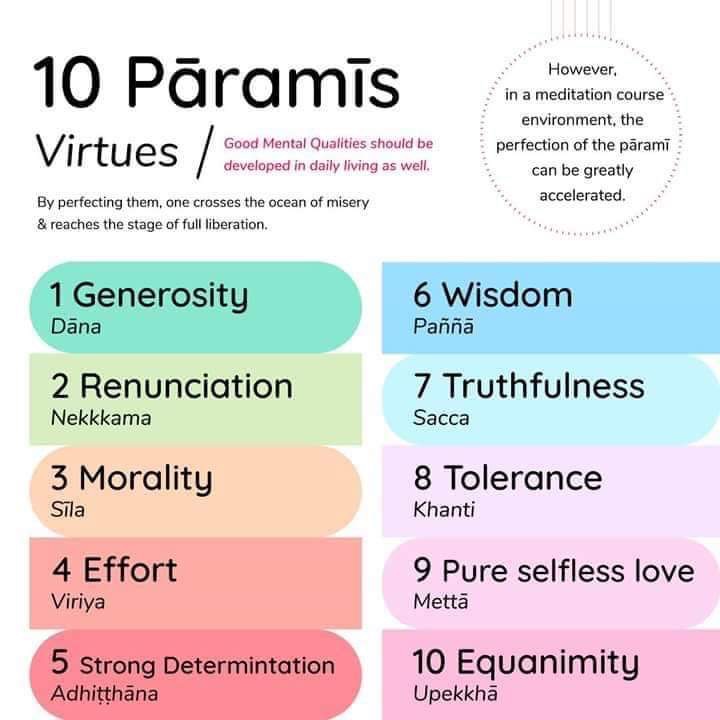
Vipassana, which means to see things as they really are, is one of India's most ancient techniques of meditation. It was rediscovered by Gotama Buddha more than 2500 years ago and was taught by him as a universal remedy for universal ills, i.e., an Art Of Living. This non-sectarian technique aims for the total eradication of mental impurities and the resultant highest happiness of full liberation.
Vipassana is a way of self-transformation through self-observation. It focuses on the deep interconnection between mind and body, which can be experienced directly by disciplined attention to the physical sensations that form the life of the body, and that continuously interconnect and condition the life of the mind. It is this observation-based, self-exploratory journey to the common root of mind and body that dissolves mental impurity, resulting in a balanced mind full of love and compassion.
The scientific laws that operate one's thoughts, feelings, judgements and sensations become clear. Through direct experience, the nature of how one grows or regresses, how one produces suffering or frees oneself from suffering is understood. Life becomes characterized by increased awareness, non-delusion, self-control and peace.
dhamma.org
wikipedia.org
TEN DAY VIPASSANA COURSE - MORNING CHANTING
A Vipassana course is truly valuable only if it makes a change in your life, and a change will come only if you keep practicing the technique on a daily basis. The following outline of what you have learned is offered with best wishes for your continued success in meditation.
Progress comes gradually. Mistakes are bound to be made-learn from them. When you realize you have made an error, smile and start again!
It is common to experience drowsiness, agitation, mind-wandering and other difficulties in meditation, but if you persevere you will be successful.
You are welcome to contact the Teachers or Assistant Teachers for guidance.
Make use of the support of your fellow meditators. Sitting with them will give you strength.
Make use of the meditative atmosphere at centers or Dhamma houses by going there to sit whenever you can, even for a few days or hours. As an old student you are also welcome to come for part of a ten-day course, depending on the availability of space, and assuming you have been practicing this technique of Vipassana only.
Real wisdom is recognizing and accepting that every experience is impermanent. With this insight you will not be overwhelmed by ups and downs. And when you are able to maintain an inner balance, you can choose to act in ways that will create happiness for you and for others. Living each moment happily with an equanimous mind, you will surely progress toward the ultimate goal of liberation from all suffering.

